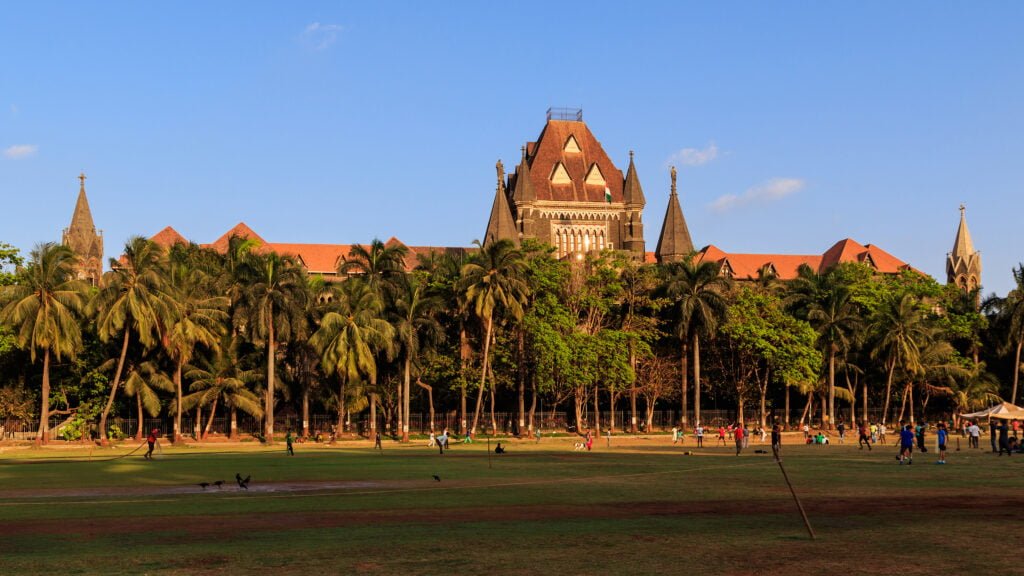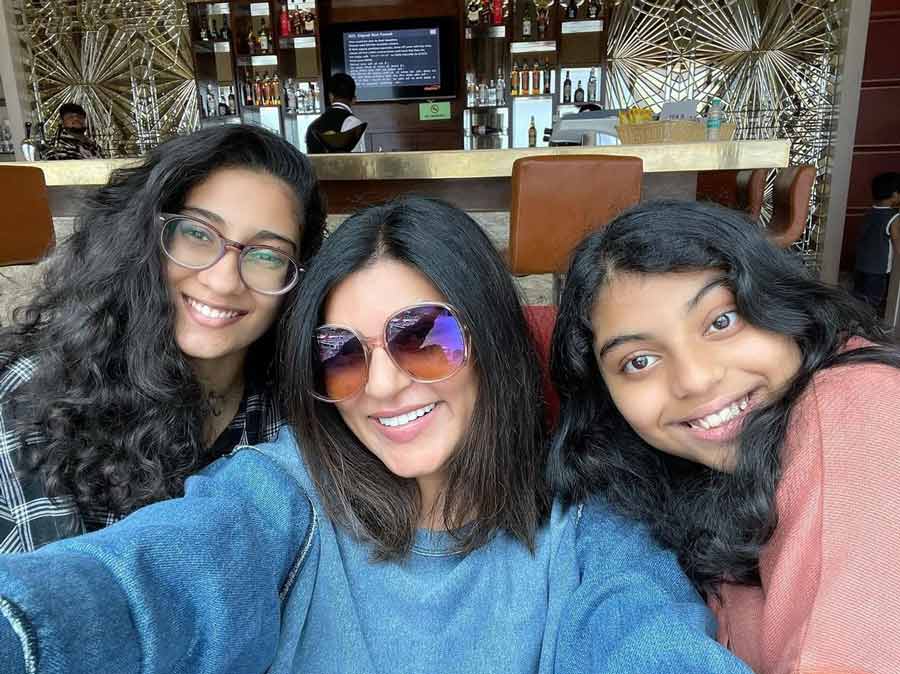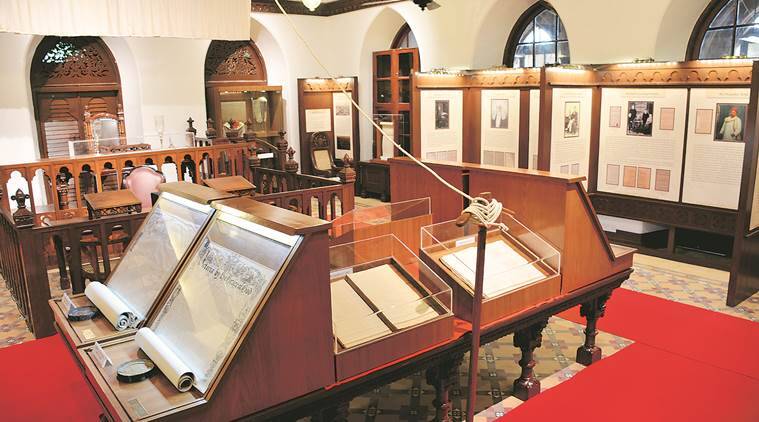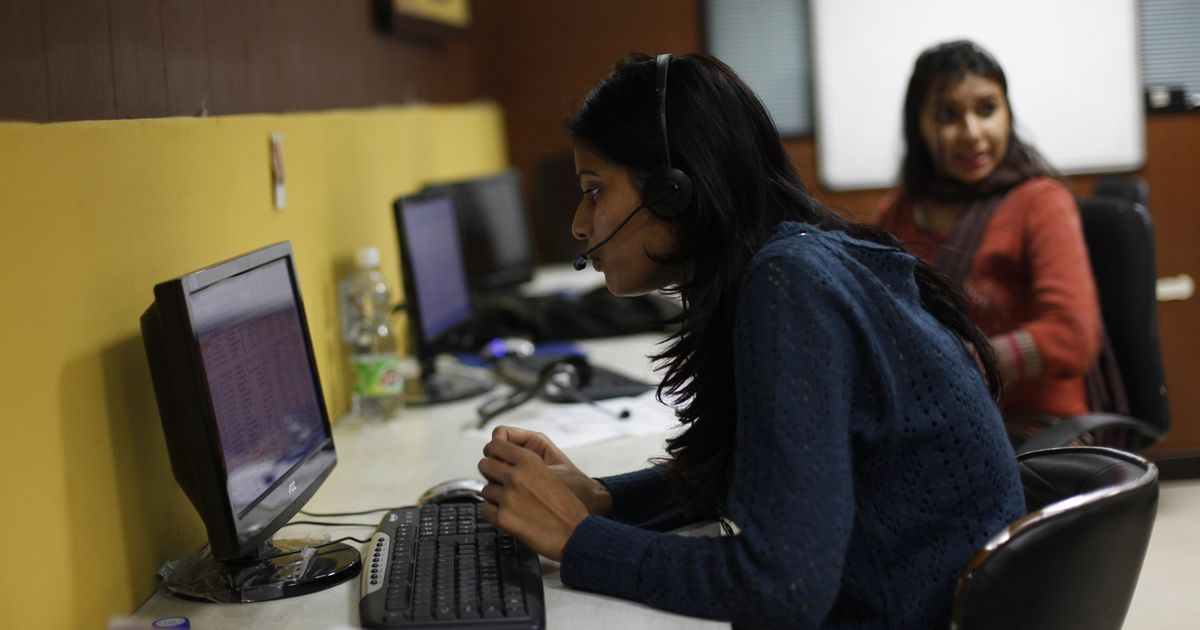Recently, the Bombay High Court made a progressive step towards the idea of a “modern” family as it overturned the ruling of a civil court which denied a single, working mother from adopting a child. The Bombay High Court recognised that an eligible family can be made up of single parents as the conventional notions of the family unit are reanalysed. This propelled the bench of Justice Gauri Godse to let the 47-year-old Shabnamjahan Ansari adopt her niece.
On the other hand, The Bhusawal Civil Court’s judgment was solely based on the fact that Ansari was a single, working woman, and thus incapable of forming a family on her own. The court preferred the child’s biological parents as they formed a traditional family structure, where, most importantly, the mother was a housewife.
A comparison between the outgoing, working mother and the home-staying one done by the court was heavily criticised by the Bombay High Court which called it “medieval” and “unfounded, illegal, perverse, unjust and unacceptable.”

The central struggle in this case is reflective of larger social issues as it revolves around the concept of family and gender roles. Family, despite being a part of the personal sphere, is enmeshed in the politics of the external world. It is not an innocuous sphere as it is marked by gender hierarchies and socioeconomic structures.
Family can be, then, a microcosmic representation of the outer world, and therefore, it is not surprising that the governing authorities try to assert their control over how a family will be understood.
How can a family be formed?
A child’s adoption is mainly dependent on the conducive environment of the prospective family. However, to judge that, the very notion of family needs to be broadened. Family is no longer the normative entity comprising the father, mother, and child. It has become more inclusive of divorced parents, gay couples, single prospective parents, and so on.
The official and legal frameworks have also acknowledged this more fluid concept of family. However, socio-cultural biases and moral notions, at times, hamper the formation of these progressive families.
This was the case of the civil court’s rejection of Ansari as an eligible parent. According to this report, Ansari had cleared all the other requirements and legal compliances necessary for adoption, and it was only her position as a single, working woman that prevented the civil court from approving the adoption. They had imbibed a capitalistic and patriarchal notion of the family which posits the man/father as the designated breadwinner and the woman/mother as relegated to the domestic sphere.
This familial space is based on the skewed division of labour where a woman can only qualify as the ideal parent by limiting herself to household duties.

While many feminist movements have protested this discriminatory familial organisation and argued for women’s higher mobility and financial security, decisions like such discourage women from having both careers and families. They ultimately make motherhood and professionalism mutually exclusive, forcing women to choose between them.
In a country, where gay marriage is still a topic of dissension, how can these couples hope to adopt children when marriage seems to be a prerequisite in many cases of adoption?
In another case, Disha Parekh, a single woman trying to adopt, was unable to clear the HSR (Home Study Report) mainly because of her marital status. Parekh remarks that she was constantly plagued by the questions of why she was unmarried and when she would get married. She was also advised to get married and have her own children. This ideology stemmed from the attitude that marriage is essential for qualifying for parenthood as a society still envisions marriage as the primary way to establish a family.
Also Read: Single Parenting A Dangerous Concept: Madras High Court’s Patriarchal Stance
This attitude is also discriminatory towards other forms of unconventional families which are not based on heteronormative marriages. In a country, where gay marriage is still a topic of dissension, how can these couples hope to adopt children when marriage seems to be a prerequisite in many cases of adoption? Moreover, it is erroneous to assume that people should incline to marriage to fulfil their parental duties. Finally, the legal injunctions need to be complemented by the socio-cultural acceptance of families outside marriage.
Modern women, gender roles, and motherhood
Additionally, the decision of the civil court also betrays a sensibility of strictly defined gender roles. It was a socio-moral judgment by the court on Ansari’s choice to remain single and enter the public sphere. The Bombay High Court argued that being single parents, it is most likely that they would have to work which makes the civil court’s objection illogical. However, it was not the legal or practical considerations that prompted the civil court’s response, but a socio-cultural attitude which sees “modern” women — not safely bound to marriage and home — as inefficient mothers.

In another case, Supriya Roy, an unmarried MNC employee, talks about her struggles in adopting her daughter. She was considered inadequate to take care of her daughter. It was only when she assured the social workers in charge that her parents would be involved in taking care of her child that she could get permission to adopt.
The social workers’ reluctance to view Supriya as a proper mother arises from their preconceived notion of a mother which is based on complete self-effacement of the woman in taking care of her child — incompatible with the idea of an independent and social woman. It is only when she could appoint her parents — a conventional familial unit — as helping in the parenting that she convinced others of her eligibility as a parent.

Motherhood is seen as complying with the traditional gender roles and conventional ideas of femininity. It is only while emulating feminine qualities of domesticity, nurture, and sacrifice that a woman is seen as motherly. When they appropriate the masculine domain of being the provider, entering the public sphere, and asserting self-reliability, then their suitability as mothers becomes questionable.
Ultimately, parenthood needs to be measured beyond gender roles, beyond the orthodox definitions of motherhood and fatherhood, and beyond narrow moral perceptions about “modern” women.
Some positives
The eventual reversal of the civil court’s decision by the higher authority of the Bombay High Court is an optimistic indication towards a progressive idea of family. The Bombay High Court has recognised Ansari as the parent of the child and directed the Bhusawal Municipal Council to modify the child’s birth certificate accordingly.
This decision is not only reflective of the laws of the country — supportive of single parents — but also indicates a social and ideological change where such regressive arguments as posed by the civil court hold no merit.

In July 2017, the adoption law was made more favourable towards single women over 40 by CARA (Central Adoption Resource Authority). This law reduced the waiting time for them by six months compared to other prospective adoptive parents. This is a step towards incorporating alternate ways of forming families and encouraging single women, who were otherwise dejected by administrative biases, to apply for adoption.
Furthermore, according to a survey by The Economic Times, this change in the law has prompted many single women to apply for adoption: in 2015-16, 412 single women applied for adoption while this number increased to almost double in 2017 to 817. This is a very positive trend towards a more liberal adoption process.
Also Read: Over 50% Of Young Women Are Neither Employed Nor Studying, Says NSSO
These legal safeguards and responsible decisions by authorities like the Bombay High Court are necessary to ensure that equal treatment is given to all kinds of families. In the end, the adequacy of parenthood should not be based on a person’s social position and conservative moral policing. Despite the prejudices still faced by prospective single parents, instances like these show that the idea of a family is getting more fluid and inclusive in modern times.





